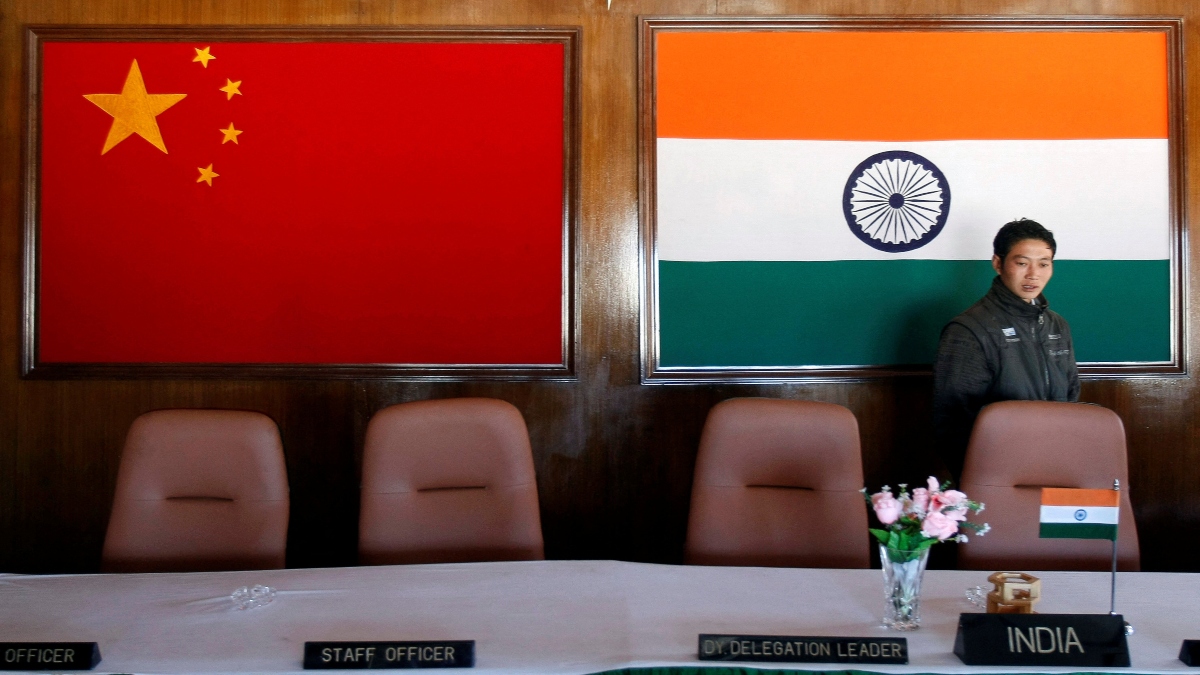Indian defence official on Wednesday said that India and China have completed pulling back their troops from two face-off points on the disputed Himalayan frontier in the Indian territory of Ladakh.
The nuclear-armed neighbours reached a deal last week on patrolling the frontier to end a four-year military stand-off, paving the way for improved political and business ties between them.
The development, resulting from years of diplomatic and military discussions, marks a partial return to the pre-2020 conditions at Demchok and Depsang along the Line of Actual Control (LAC).
Reacting to the development, Indian Army sources said that verification of the disengagement process is in progress by both sides and coordinated patrolling modalities will be decided between ground commanders, officers of the rank of Brigadiers and below.
“Coordinated patrolling to start soon by both sides. Ground commanders will continue to hold talks. Exchange of sweets on Diwali to happen tomorrow,” said the Indian Army sources.
Chinese Ambassador to India Xu Feihong on Wednesday said President Xi Jinping and Prime Minister Narendra Modi have reached many important understandings that would be a guideline for the further development of the relations between the two countries.
#WATCH | Kolkata, West Bengal: On disengagement between India & China in Depsang & Demchok completed and India-China ties going forward, Chinese Ambassador to India, Xu Feihong says, "...Regarding the very important meeting between President Xi and PM Modi...now that the two… pic.twitter.com/yBOnHmssVL
— ANI (@ANI) October 30, 2024
Impact Shorts
More Shorts“…Regarding the very important meeting between President Xi and PM Modi…now that the two leaders (PM Modi, Chinese President Xi Jinping) have reached many important understandings, that would be a guideline for the further development of the relations of our two countries. I just hope that under the guidance of this consensus, our relations will be moving forward smoothly in the future and our relations will not be restricted or interrupted by specific disagreements between our two sides,” said Feihong.
He said as two neighbouring countries, it is quite natural to have some differences but the most important thing is how to handle and solve these differences.
“I think this is very important. The meeting of the two leaders has set a very good example for us - how to handle these differences,” added the ambassador.
#WATCH | Kolkata, West Bengal: On a question on the resumption of direct flights between India and China, Chinese Ambassador to India, Xu Feihong says, "I am also looking forward to direct flights so that I can fly back to Beijing directly...I know that before 2020, we had direct… pic.twitter.com/hBNdIUlQK4
— ANI (@ANI) October 30, 2024
On whether there will be resumption of direct flights between India and China, the ambassador said, “I am also looking forward to direct flights so that I can fly back to Beijing directly…I know that before 2020, we had direct flights…so, it will provide more convenience to everybody if we have direct flights. It will save time and money.”
Following the troop withdrawal, the Indian Army intends to resume patrolling in both Depsang and Demchok soon.
According to reports, to reduce the risk of accidental clashes, troops will inform the People’s Liberation Army (PLA) of their patrol movements.
The size of the patrols varies, with shorter-range missions consisting of 10-15 soldiers and longer ones involving 20-25, depending on the specific task and distance.
In the past, Indian forces faced restrictions at certain positions, particularly at the Y-junction or “Bottleneck” in the Depsang Plains, where PLA troops limited Indian access to five key points: PP10, PP11, PP12, and PP13.
However, with this disengagement, Indian soldiers are now expected to regain full and unrestricted access to these traditional patrol areas.
With inputs from agencies


)

)
)
)
)
)
)
)
)



